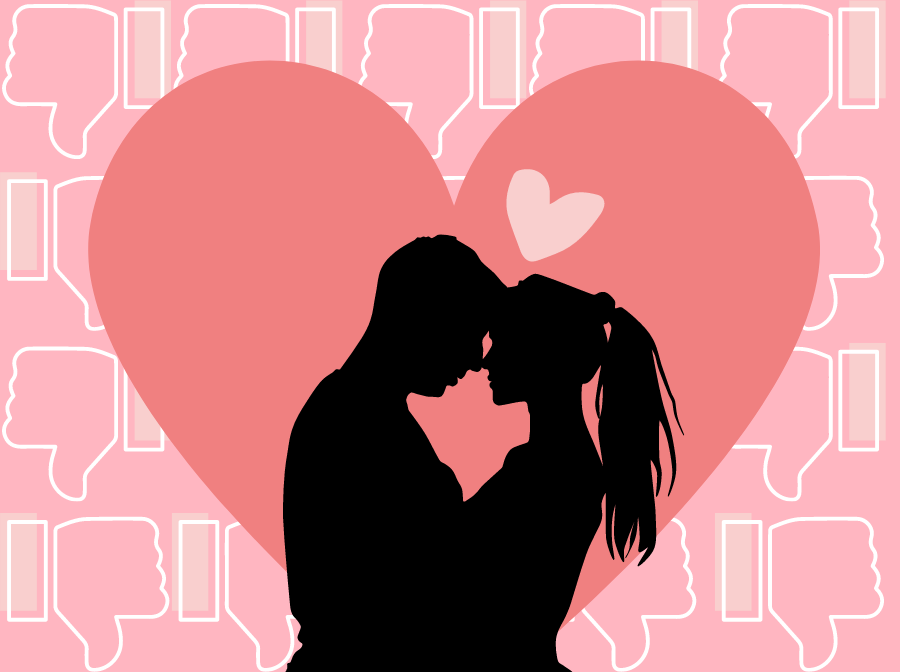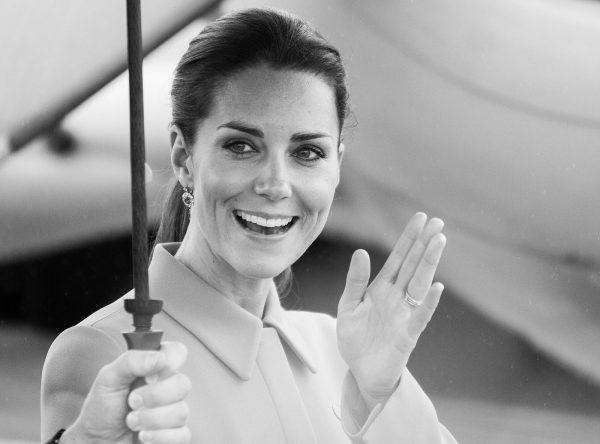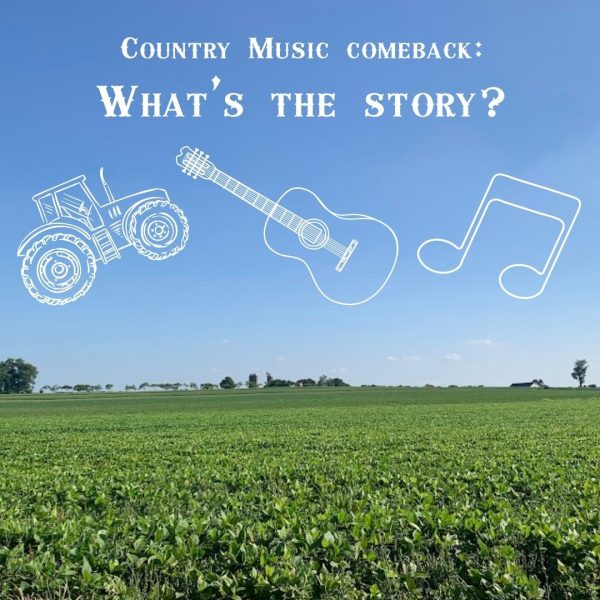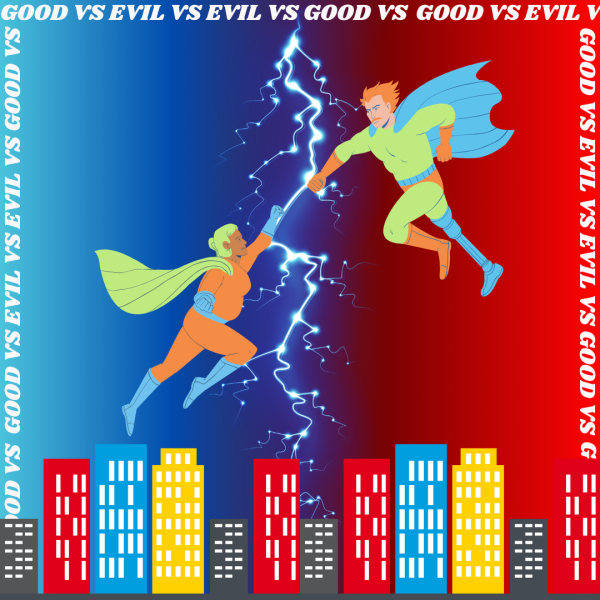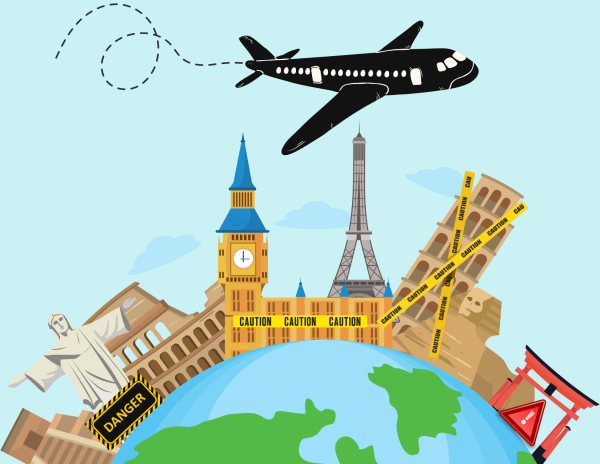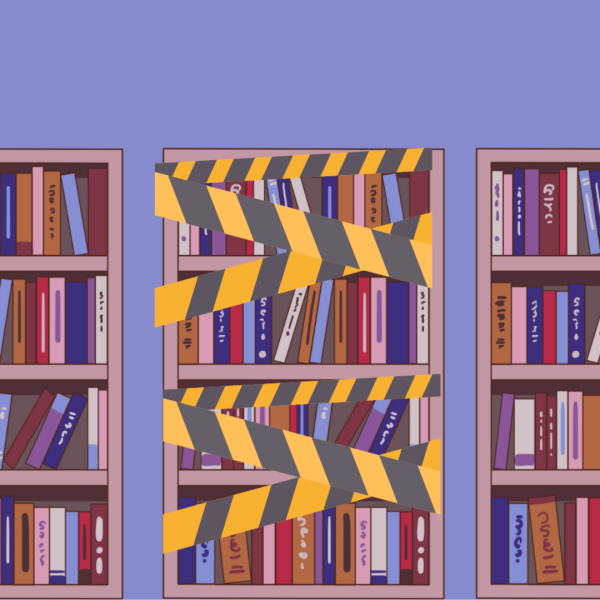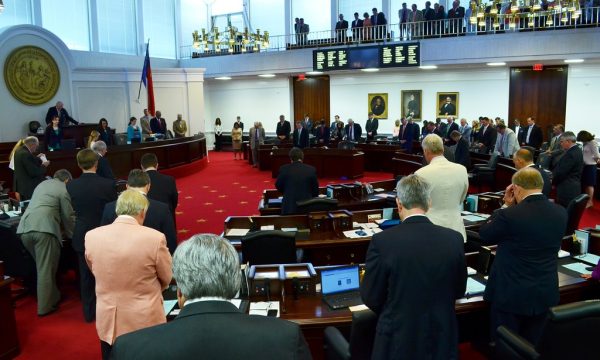The romance genre hate needs to stop
Why does the romance genre get so much hate no matter what format it’s in?
I’m an avid reader and love consuming all things books-related. I dabble in different genres, but one of my go-to’s is romance. I have a ton of bookish friends, many of whom also read romance novels, and have received negative reactions to them enjoying the genre. I never had a judgmental response personally until recently.
In one of my classes, a boy described romance as “gross” and “icky”, though he hasn’t even read the genre. It took me aback because I understand people not enjoying a specific genre or certain things, but completely trashing something because it personally isn’t for you is a completely different circumstance.
Many women feel that they have to always preface that the romance novel they’re reading or watching an episode of the Bachelor is a “guilty pleasure.”
Romance novels themselves create $1.08 billion a year in revenue and account for 34% of the total fiction market in the United States. This makes it the single biggest money-making genre. The romance novel industry is about the size of the mystery novel genre and science fiction/fantasy genre markets combined. Romance novels also frequently top the major bestseller lists. Romance authors and series also tend to have large, dedicated audiences that continue to pick up new releases. So why does one of the biggest selling genres have such a negative stigma around it?
Perhaps this has something to do with the fact that the romance genre is mainly written by and for women. A recent study found that 82% of romance readers are women. While this does seem extremely high, women dominate in the majority of fiction genres, accounting for 69% of the thriller audience, 86% in mystery and 52% in science fiction.
While that may not seem like a big deal since women are the largest percentage of readers in every genre, the amount of men who read romance is very small. Consuelo Francis, a professor who studies romance novels, said that “because romance novels are so equated with women and femininity, and because we train boys and men to avoid as much as possible being associated at all with femininity, romance novels become something that is completely off-limits. It just falls outside the realm of what is accepted.”
Men generally aren’t interested in romance because of what romance novels symbolize rather than the actual content themselves. Especially because men in romance novels are often vulnerable — they need and are interested in love — which is something men have been taught not to do by society for centuries.
Research shows that men face backlash when they don’t adhere to masculine gender stereotypes — when they show vulnerability, display empathy, express sadness, exhibit modesty and proclaim to be feminists. Studies from 2015 found that when male leaders ask for help, they are viewed as less competent, capable and confident. And when men make themselves vulnerable by disclosing a weakness at work, they are perceived to have lower status. This is just one example of how men have been taught that femininity equals incompetence. This creates an association for men that anything feminine — romance novels — are inherently less than.
Of course, what’s feminine and what’s masculine is entirely subjective. I take issue with defining anything as one or the other. Labeling ourselves and what we enjoy as one or the other assumes that we are binary, and gender expression is a spectrum.
Most of our readership probably doesn’t read romance novels, but this can be applied to so many interests that women have. An amazing example is romantic-comedy movies. Many of these movies are often called “chick-flicks” which in itself boxes off these movies as just for “chicks” or women.
This can also be applied to the music industry. Artists like Beyoncé, Rihanna, Taylor Swift, Megan Thee Stallion and even older bands like Journey, are some of the biggest artists in the world, but many men don’t listen to them. According to data from Spotify, based on a sample of five million subscribers, male users listened to 94.2 percent male artists, 3.3 percent female artists and 2.5 percent mixed groups. Female listener habits were more diverse, as they listened to 55 percent male artists, 30.8 percent female artists and 14.2 percent mixed groups. This has had huge ramifications on the music industry as a whole as well as streaming platforms.
It takes everybody doing a little to dismantle the labels and limitations that are put on us.
These societal stigmas not only hold men back from discovering something they could really enjoy but also put limitations and shame on women. Many women feel that they have to always preface that the romance novel they’re reading or watching an episode of the Bachelor is a “guilty pleasure.”
The term “guilty pleasure” tends to summon thoughts of what society deems “feminine.” As a society, we never talk about what is considered “masculine” as “guilty pleasure”, such as watching football or spending a day barbecuing. No matter what you consume — books, movies, music or TV shows — you are meant to enjoy them, not feel shame.
We are at a point in our society where the labels of what’s feminine and masculine are getting in the way of simple enjoyment, which is not only holding back men, but also putting shame on women. It takes everybody doing a little to dismantle the labels and limitations that are put on us.
No matter who you are or how you identify, go read a romance novel or watch a rom-com and don’t feel guilty about it.
For rom-com recommendations, you can check out my top 10 favorites list!




